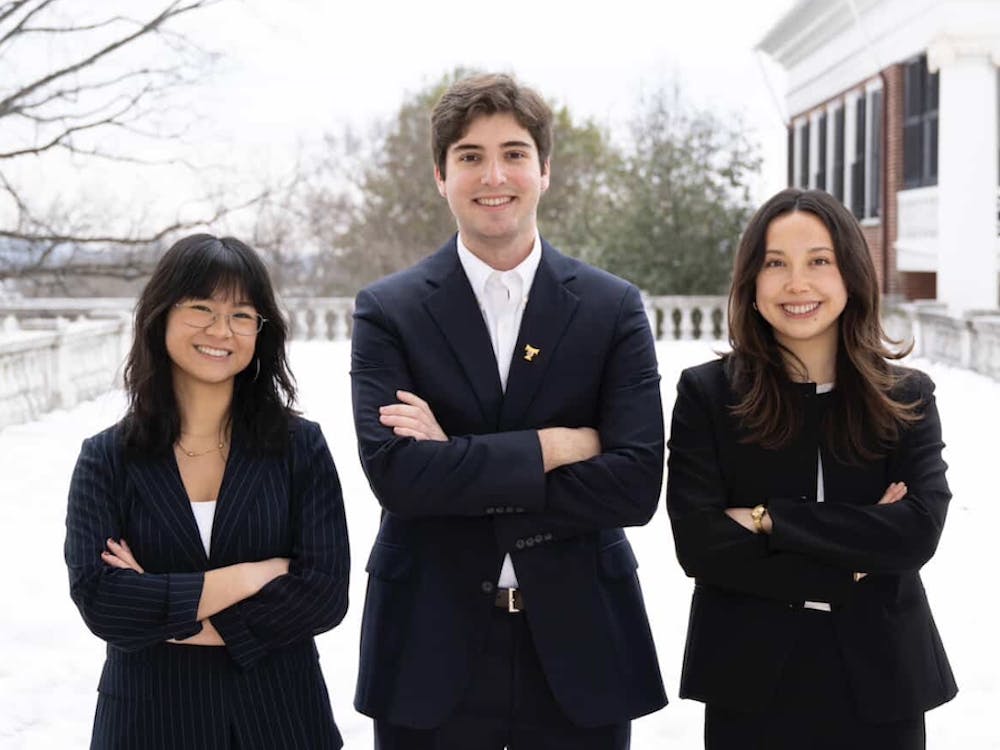University Police are investigating a suspicious phone call made to a University student Tuesday, in which the caller asked for the student's Social Security number and other personal information, University Police Capt. Michael Coleman said.
"We were contacted by the dean's office originally because of a report that a student had received a call," Coleman said.
This week's "Connections" newsletter, administered by the Office of the Vice President of Student Affairs, included an alert about "several recent telephone calls received by students where the caller asked for Social Security numbers."
Assoc. Dean of Students Shamim Sisson received the first report regarding the incident.
"A student who lives in upper-class housing reported that she had gotten a call from someone who identified herself as a University official, and that the person who was calling said that they needed to verify some information," Sisson said. "The caller gave her information to verify like her local address, local telephone number, home address and home telephone number."
Sisson said that although the caller also asked for the student's Social Security number, the University would never ask for such information via telephone.
"The University has your Social Security number," Sisson said. "We're not going to call and ask for your information. If you want to change it, there's a way to inform us through ISIS and the registrar."
Angela Davis, associate dean of students for residence life, said resident staff gave her feedback on this and other recent annoying or suspicious phone calls this week.
"I have a feeling that what happened is that the University telephone book just came out, and that's how companies get the numbers," Davis said, adding that the University "does not give out or sell student telephone numbers."
Sisson said she was sensitive to students who received calls, given the recent problems with ISIS enrollment.
"I think in part with the confusion with ISIS, students might think that these are legitimate calls," Sisson said. "In the conversation there were several clues given that this was related to a credit card solicitation, so I thought it was important to mention it to the police."
Coleman said that although telephone solicitation is legal in Virginia, giving out personal information over the telephone could be dangerous.
"In general, we recommend that students not provide personal information over the telephone because they can't verify who they're talking to," Coleman said. "We recommend that they ask the company to send them written information concerning the product, or at the minimum get a call-back number."
Coleman said there are some legal defenses against the annoyance of telephone solicitation.
"Under Virginia law, you can notify the company calling that you do not want to receive any more phone calls," Coleman said. "If you get any more phone calls from those people, they can be reported to the Virginia State Consumer Affairs Commission."






